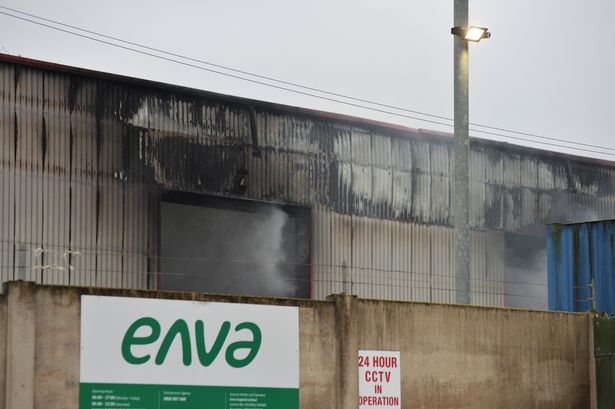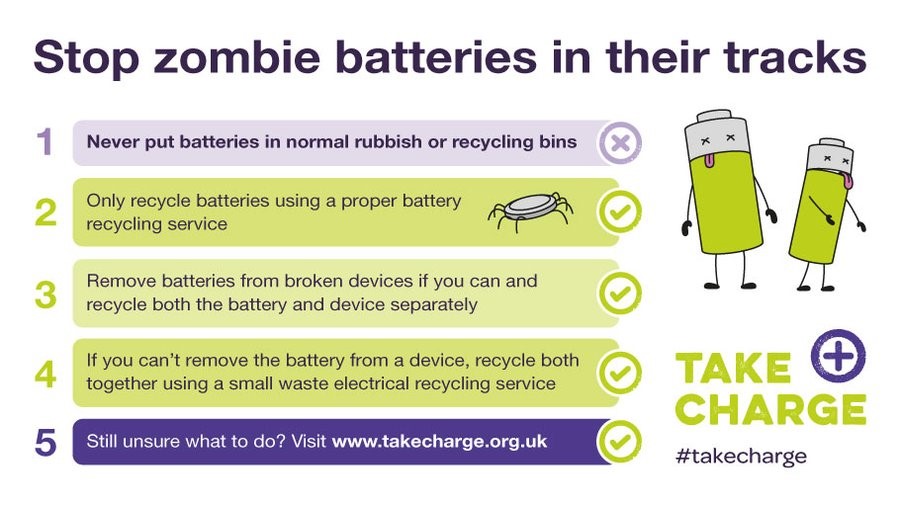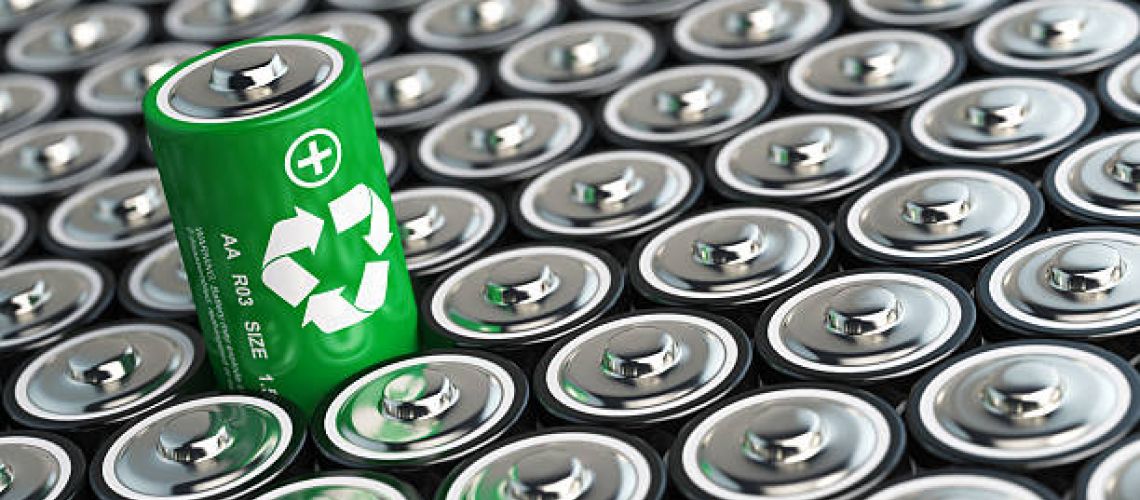Be better with Batteries.
16 Feb 2022
Recharge your battery knowledge.
Recharge your battery disposal knowledge?
Introduction:
Hello again, my name is Louis and I work for your Universities waste management provider, Enva. My Role within Enva is to provide customer engagement for the Universities. The purpose of this engagement is to help increase understanding of sustainability best practice. That could come in a lot of different forms, presentations, training or, in this case, a blog. Speaking of blogs. This blog relates to best practice disposing of batteries.
Bad battery disposal:
As with a lot of items, there are many misconceptions when it comes to discarding batteries. The first note to address is that batteries are recyclable, however not by traditional means. Batteries should never be put in standard general waste or recycling bins. Batteries can only be recycled via singular battery collection points. This is for two main reasons, the environmental impact, and the damage they can cause to waste management facilities.
It is also important to remember that your routes to recycling batteries are different depending on what type of battery you have. Lithium-Ion batteries are rechargeable and can be found in things like drills and E-cigarettes. Nickel Cadmium batteries are single use disposable batteries that you would use in a torch or the T.V remote. Both must be recycled via separate collection points. These can often be found in your local supermarket or hardware store.
The safety concerns:

The way in which waste is sorted upon arriving to waste management facilities causes considerable risk from batteries. For instance, upon arrival general waste is often sent through a trommel. This machinery is used to separate the general waste by size for recovery. However, as I am sure you can imagine this poses quite a risk to batteries. When batteries become fractured their reaction to the oxygen causes them to heat up. This can quite easily cause a fire because the batteries are mixed in with other flammable materials.
This is also the case when batteries end up in the recycling bins. Recyclable materials are placed onto conveyer belt at a gradient to separate big and small recyclable materials. Because of the size of the
batteries, they are liable to falling from the conveyer belt or getting stuck on it. Whatever the case this can create a severe fire hazard and can put our staff on the front lines of sustainability in danger.
Regrettably an example of one of these fires can be seen at Enva’s own waste management site in Leicester. It is believed that this fire was caused by a battery. Thankfully despite the scale of the fire nobody was injured and after eighteen hours of hard work from the Leicester fire brigade, it was extinguished.
The environmental Impact:
On top of the safety risks that can be seen above, batteries also pose a significant risk to our environment. While waste management companies including Enva take extra care to remove batteries from the sorting process and recycle them, this isn’t always possible and unfortunately some batteries do end up in landfill.
Batteries pose a significant environmental risk if they are allowed break down naturally in landfill. This is because they contain dangerous chemicals such as lead, Cadmium, Lithium and Mercury. As batteries rot away these chemicals can leak into the soil. This can lead to pollution of the soil, water and is dangerous to animals and humans.
What you can do to help?


